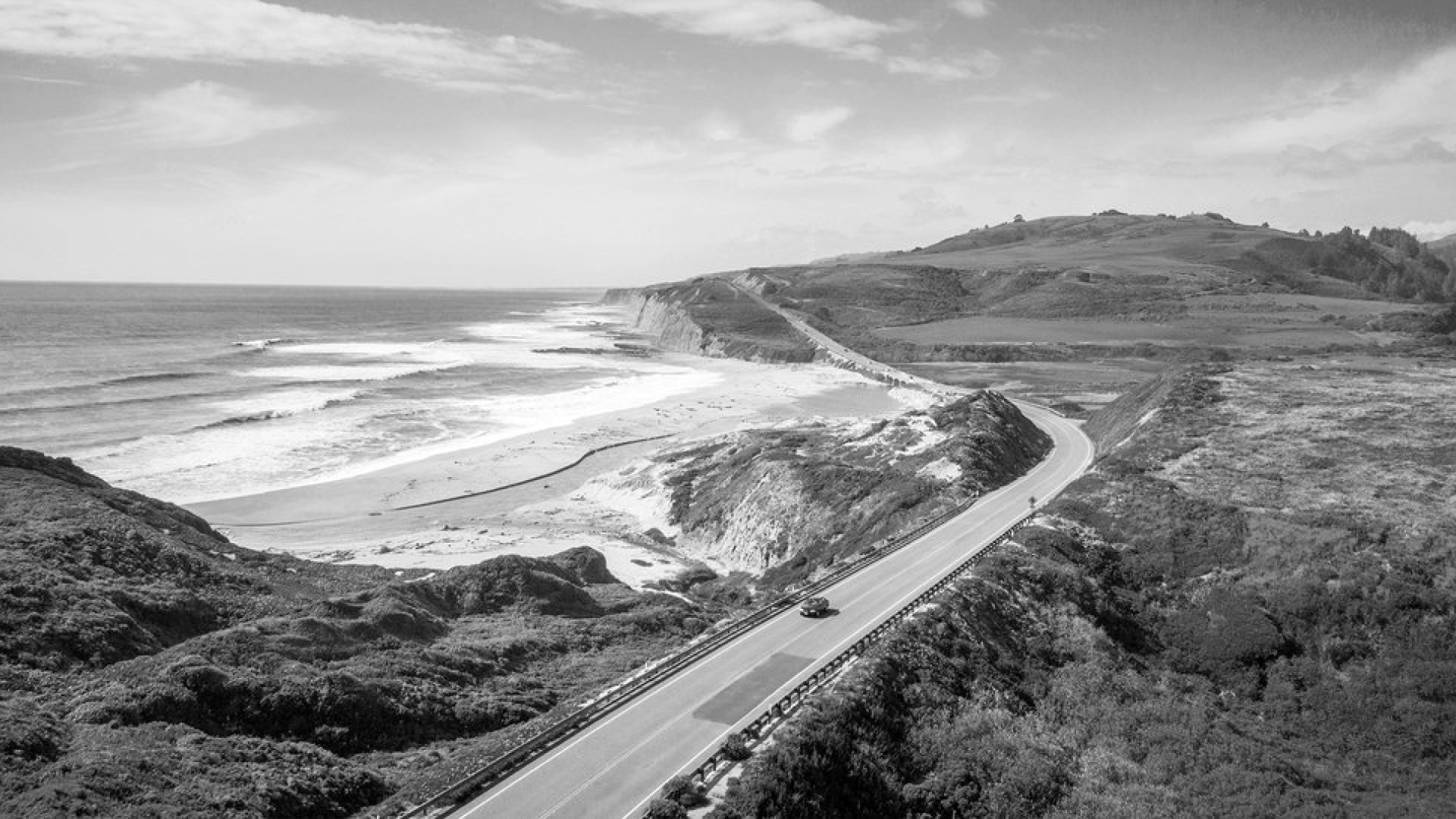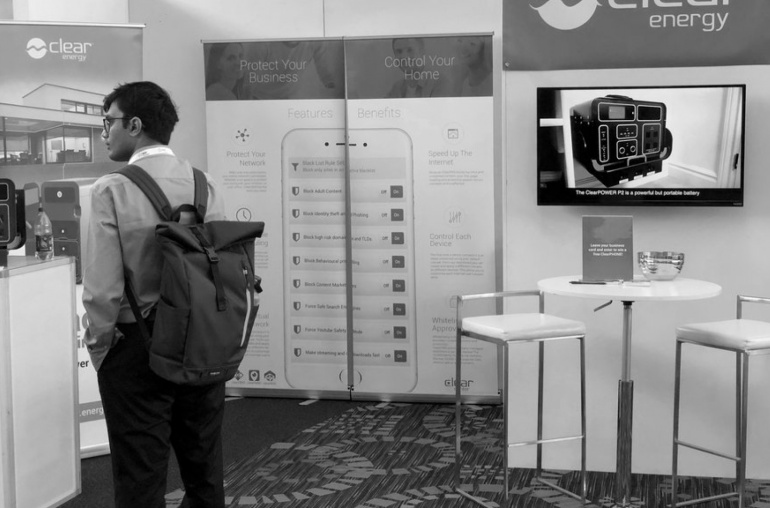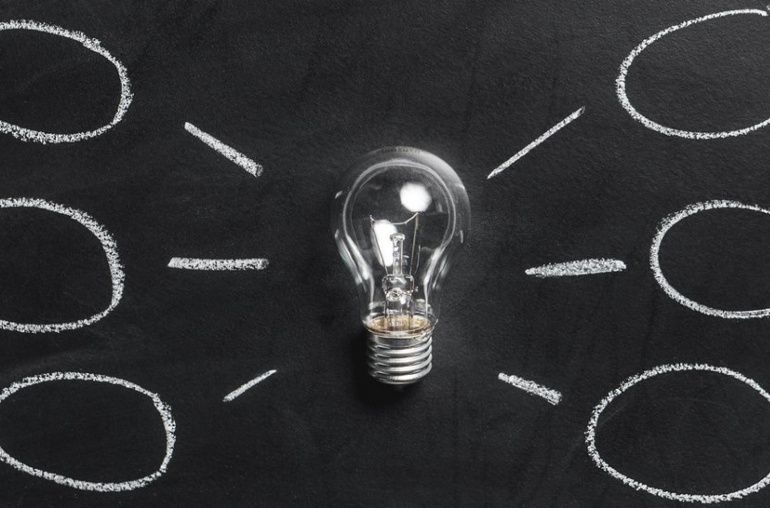Battery technology has improved dramatically in the last ten years, but more significantly, battery backup storage for the home is changing the way we look at energy.
In the way electric cars have changed the way we look at transportation, battery storage at home is causing us to rethink our energy usage. Let’s look at the shifting attitudes. For a century the automobile represented the romantic notion of freedom. Weekends in town around the cracker barrel turned into mini road trips. Trunks were packed with blankets and picnic baskets and byways were abuzz with day-trippers. The idea that you could jump in your car and head out across a vast landscape, stopping only for fuel, was akin to flying away. That unfettered, “I can leave for days at a moment’s notice” attitude became part of our culture. Gas stations sprung up everywhere and carmakers quickly tapped into the “Discover what’s around the next corner” mantra.
It’s hard to replace the feeling of independence that comes with the gas-powered auto. Electric cars are slowly eating into the market, but hauling that anchor of recharge times is a major deterrent. But here’s the thing: most people don’t drive more than a hundred miles a day. And there are plenty of ways to get away on the weekends, renting a car, go by train, or fly. It’s not so much shifting the way we live as accepting the way we live and letting go of the dream. In research on off-road vehicles, almost 80% of owners never drive off-road. But they bought an SUV just in case they needed to take that dirt road. We are driven by our fantasies.
The way we consume energy in our homes is driven by that same independent attitude. We want all the power we can get just to have it at our fingertips. That power has been relatively cheap, and the things we need to power up have multiplied like electronic rabbits. We are buying into the SUV of power usage when we could be a little smarter, a little more aware of what we really need and use.
Home batteries and energy systems are a good step in the right direction. So let’s imagine for a moment what the next steps could look like. Right now, the energy to produce energy, to keep us up and running is producing byproducts like CO2 emissions, excessive heat, particulate air pollution; not to mention disruptions in our circadian rhythms from glowing lights all night and all season (that brings its own set of health problems). So there is the human cost, and there is the economic cost. Unfortunately, we humans are more likely to be motivated by economic cost.
So here’s the dream we are working on at ClearEnergy: It’s a vision of a future with low to zero heat energy production, zero emissions, storage for weeks not days, disbursed use during peak hours, co-op community energy grids, and economic rewards for smart usage and renewable energy production. All monitored to optimize performance and viewable on your smartphone.
All of this is a shift in mindset, like recognizing you don’t need an SUV to run to the grocery store once a week. We have to start thinking of energy as a commodity, something to be created efficiently, stored economically, used judiciously and bartered in a way that everybody has access to it, and can profit from it. Batteries are at the center of how to evenly distribute energy, but they are only the beginning.
ClearEnergy’s first foray into the energy storage arena is the ClearPOWER P2. Check out the video below to learn more about the ClearPOWER P2. Make sure to stay tuned over the coming months and years as we step-by-step deliver ClearEnergy’s long-term vision on the future of energy.





